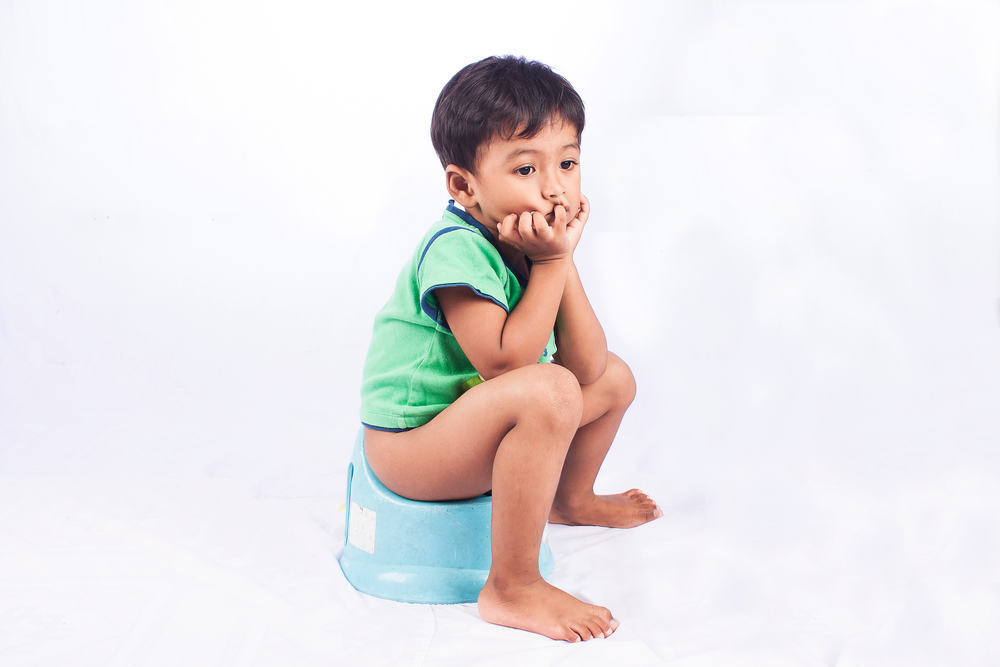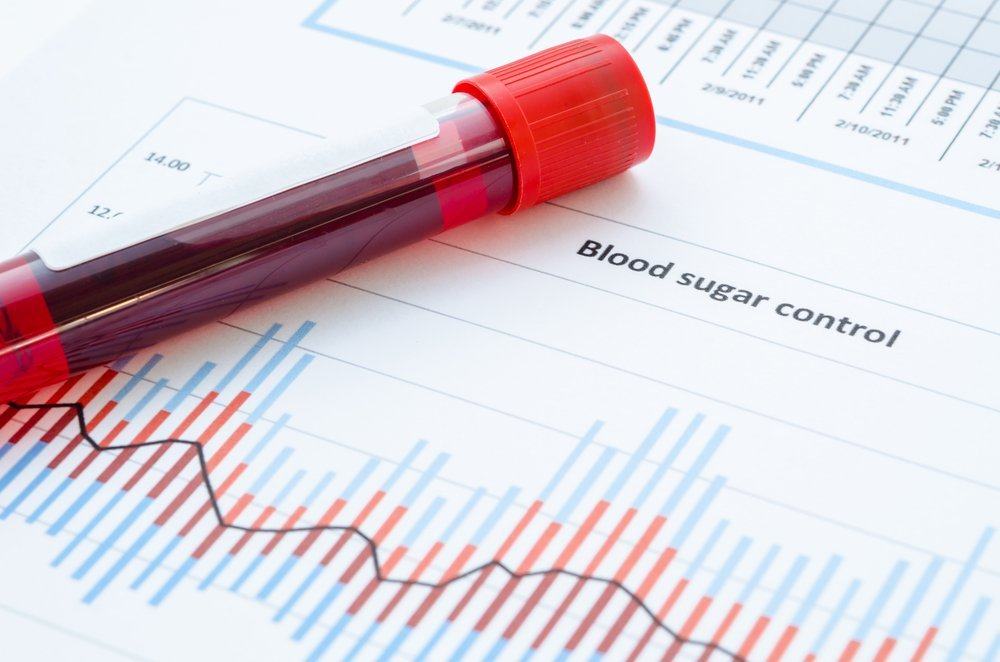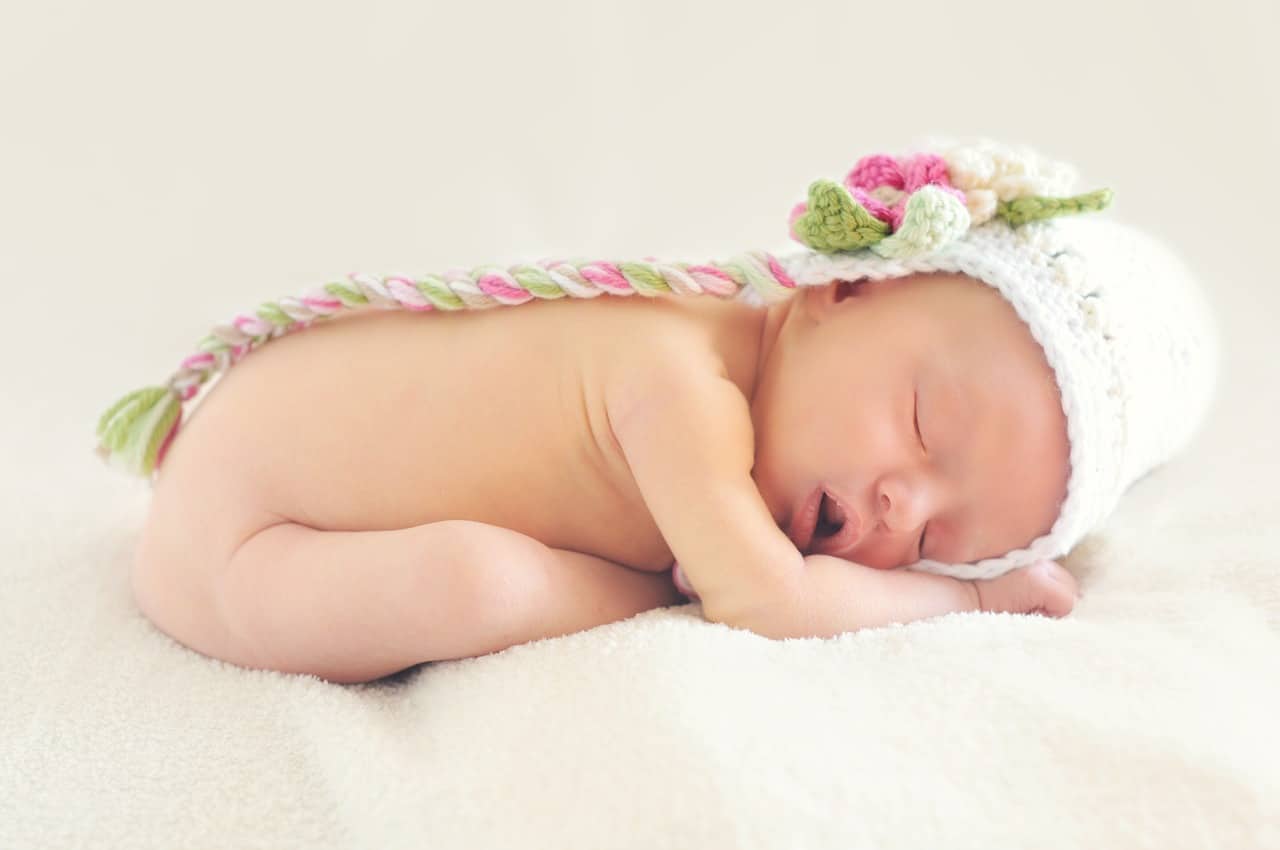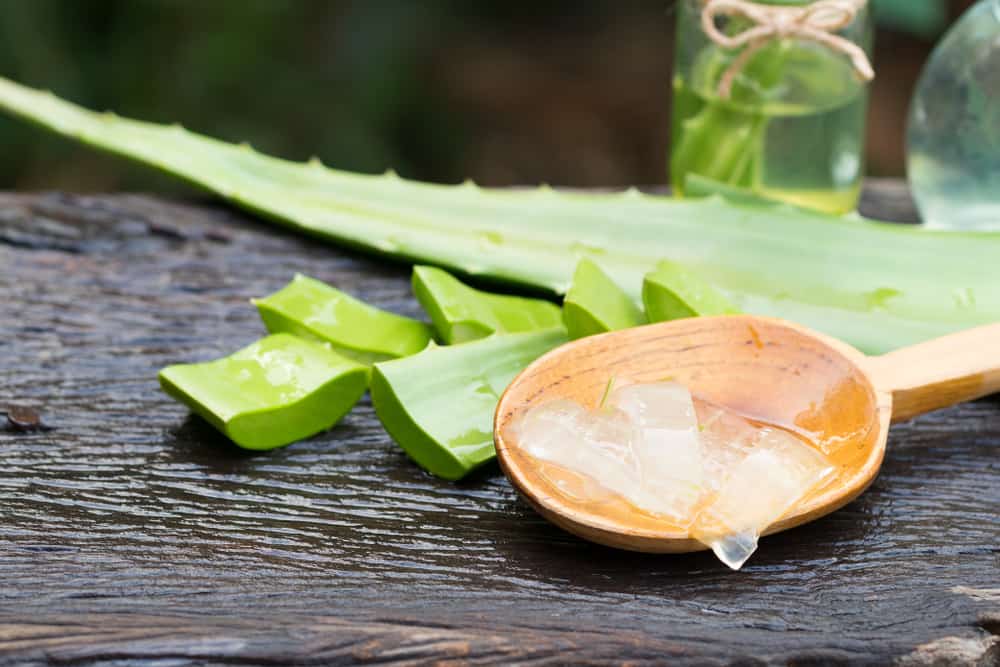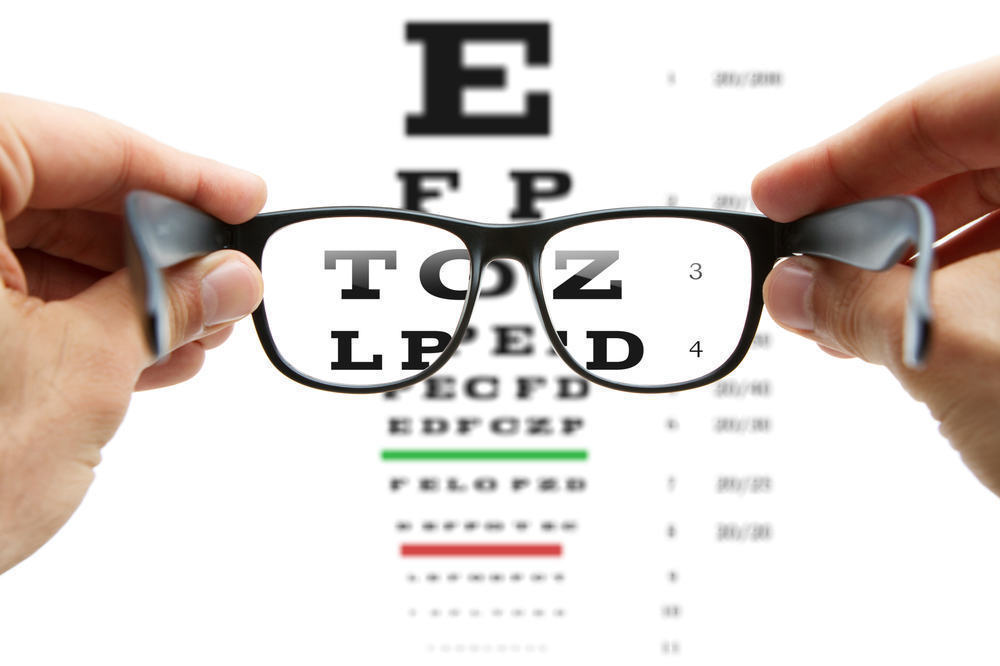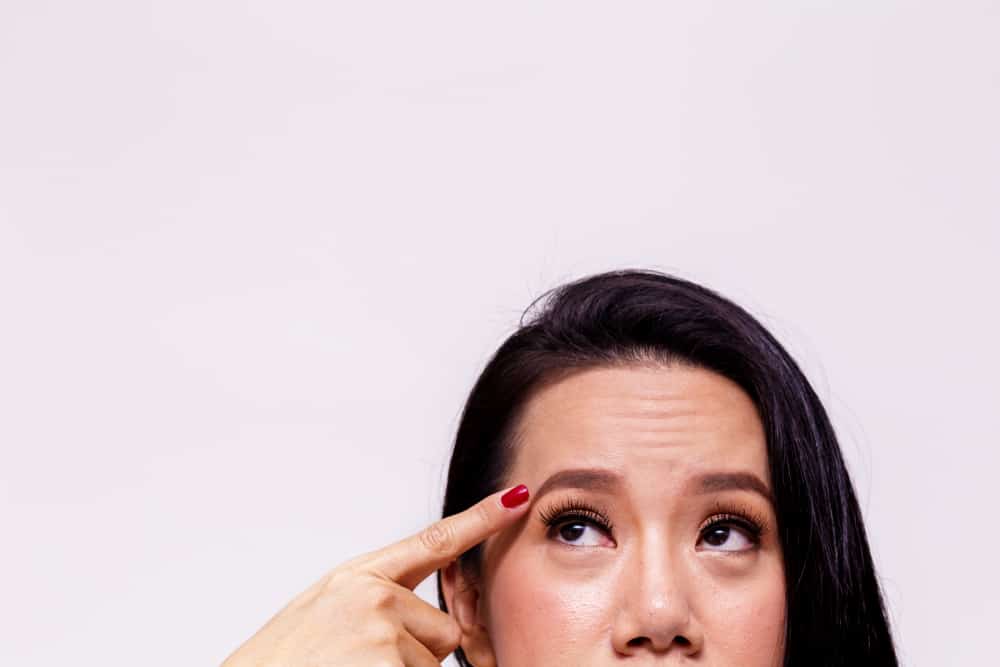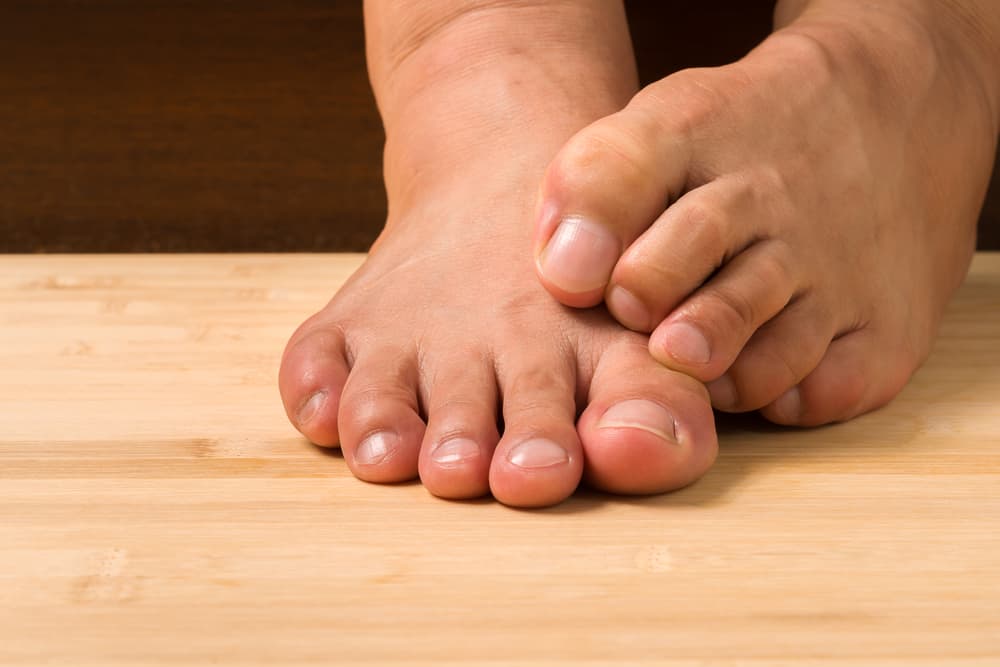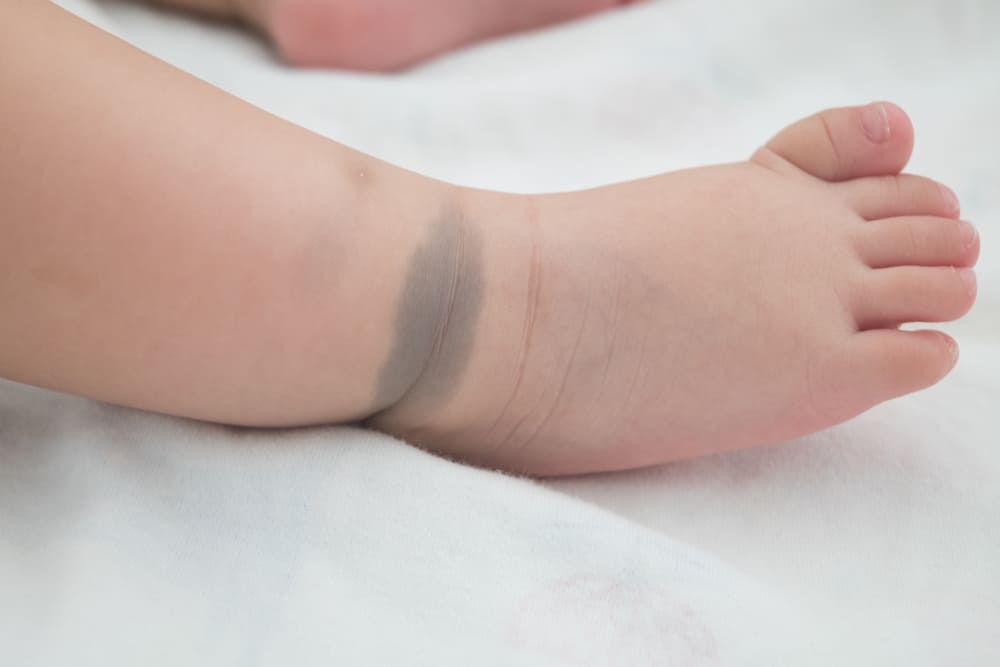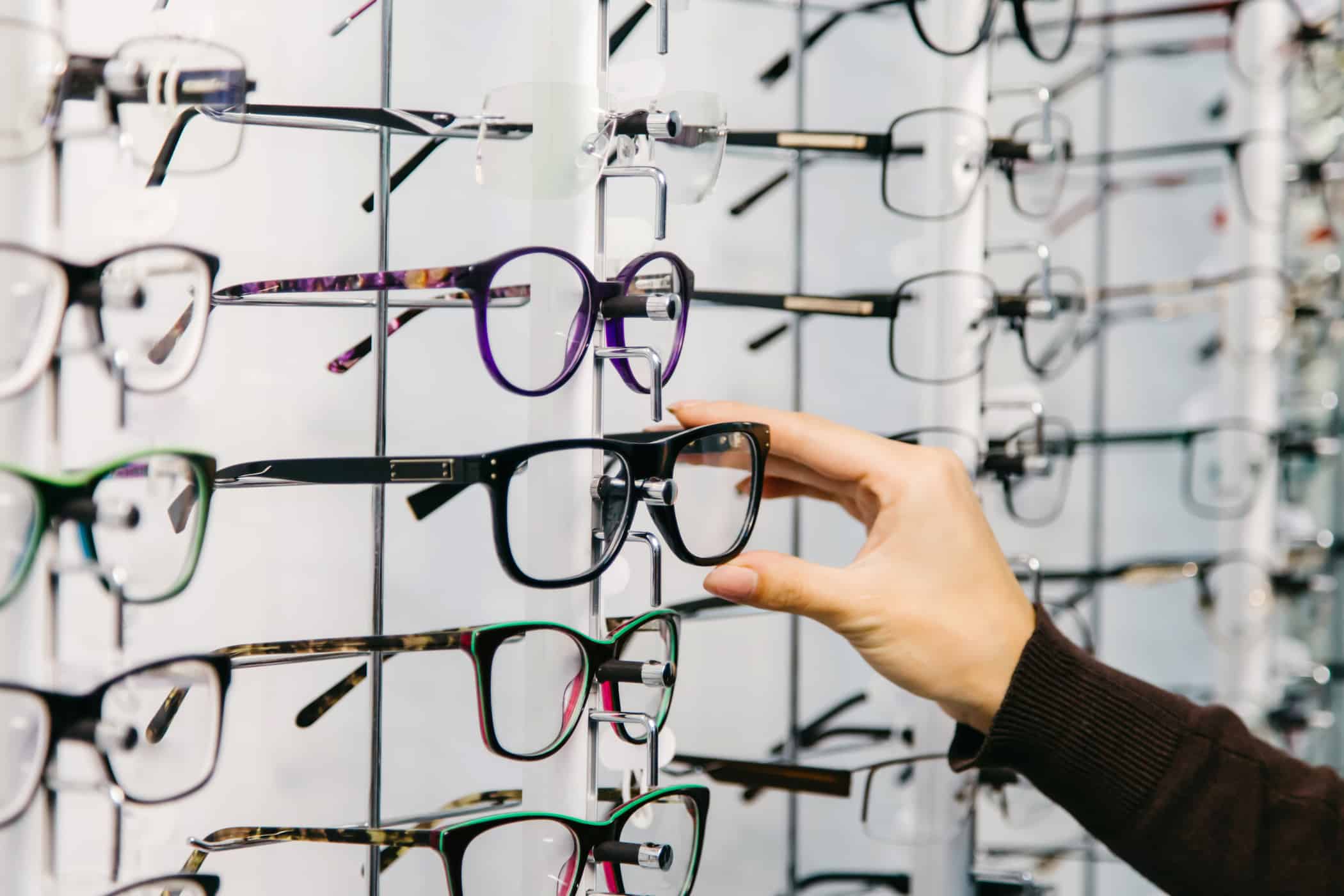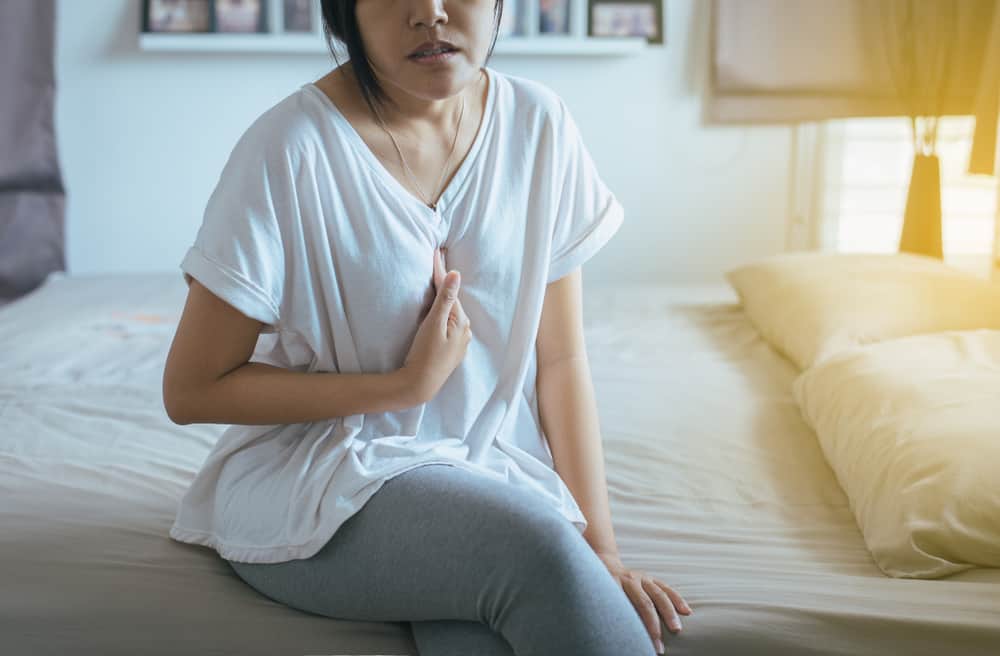Contents:
- Medical Video: Foods You Should and Shouldn't Eat When You Have Diarrhea
- Drink plenty of water so that diarrhea doesn't get worse
- What foods can be given to children when diarrhea?
- What foods should not be given when the child is diarrhea?
- When should children be taken to a doctor immediately?
Medical Video: Foods You Should and Shouldn't Eat When You Have Diarrhea
Diarrhea is a disease that most often affects infants and toddlers. Most babies and toddlers must have experienced diarrhea. Don't underestimate diarrhea because diarrhea can reduce your child's growth.
The study published by the American Journal of Epidemiology shows that children affected by diarrhea at the age of 24 months have a shorter height of 2.5 cm from a normal child's height according to WHO standards. Children who experience diarrhea at the age of the first 6 months can also cause a decrease in height and can be permanent or irreparable, so it is important for you to prevent children from getting diarrhea, especially during the first 6 months of life.
Drink plenty of water so that diarrhea doesn't get worse
Diarrhea is a condition in which the child defecates with a softer stool consistency, even just in the form of water and frequency more often (can be more than 3 times) in a day. For some children, mild diarrhea can heal on its own in a few days. However, for other children, diarrhea may be experienced longer, so that it can cause other problems, such as dehydration (losing too much body fluids). Dehydration is caused by too much fluid coming out of the body through defecation that is too liquid and often during diarrhea.
To prevent dehydration, the important thing you give to children when children are diarrhea is a lot of fluid to replace lost fluids. You can also give your child ORS solution to replace a child's lost body fluids, or if it is not available at home, you can provide starch water, vegetable soup, fruit juice, tea water, boiled water, and so on. For babies under 6 months, you can continue to give exclusive breastfeeding (breast milk only) to prevent diarrhea from getting worse. The content in breast milk can inhibit the growth of germs that cause diarrhea.
Giving children fluids, especially those containing electrolytes, is very important when children are diarrhea, although very little food is received. If the child has a lack of fluids, it will cause the child to become dehydrated, so that diarrhea in children can get worse.
What foods can be given to children when diarrhea?
As explained above, children under the age of 6 months can remain exclusively breastfed as usual. As for children over the age of 6 months and have received food other than breast milk, you still have to give it food as usual but in smaller portions and in more frequent frequencies.
You as a mother may be afraid when a child eats a lot when diarrhea will make the diarrhea worse. This assumption is wrong, it still gives children to eat as usual to accelerate healing, recovery, and also still be able to meet the nutritional needs of children who need.
We recommend that you give soft food to the child so that the child's digestive system does not work too hard to be able to digest food. Give children food like:
- Bananas and other fruits
- Rice team or rice porridge
- Bread
- Meat, chicken, boiled or baked fish
- Ripe eggs
- Mature vegetables that do not contain much fiber, such as carrots
- Boiled or grilled potatoes
- Yogurt
Research shows that the good bacteria found in yogurt are safe and can reduce the duration of your child's diarrhea. This is an easy way if your child likes the taste of yogurt. Make sure the yogurt you give to children contains lactobacillus or good bacteria.
What foods should not be given when the child is diarrhea?
Children should not be given fried, oily, processed products, and foods fast food when a child has diarrhea. These foods need more work for the digestive system to digest them. In addition, you should avoid foods that cause the child's stomach to rub, such as broccoli, cabbage, asparagus, beans, beans, and others.
Also avoid drinks and foods that contain caffeine, such as coffee, tea, and chocolate, and drinks containing soda.
When should children be taken to a doctor immediately?
If the child shows signs below, you should immediately take the child to the doctor so that it can be treated immediately.
- More frequent bowel movements with more fluid consistency
- Repeated vomiting
- The child looks very thirsty
- Eat or drink a little
- Fever
- There is blood in a child's stool
- Child's diarrhea does not improve within 3 days
READ ALSO
- 6 Foods to Avoid When Diarrhea
- Relationship between Diet and Diarrhea in Infants
- Causes of Sudden Babies Decrease Weight

